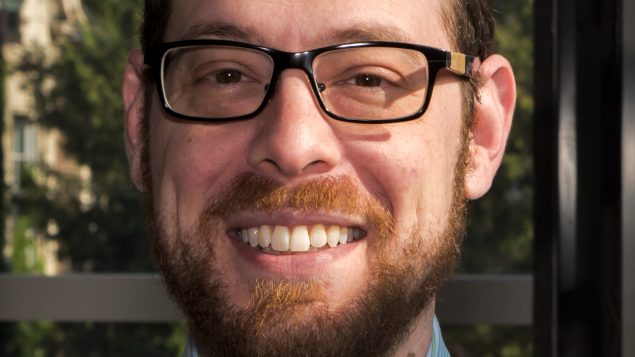Virtually everybody feels anxious or fearful about things, at least sometimes.

Anxiety can take many for an unwelcome ride, but reseachers are finding that medication does not have to be the answer. (iStock/cbc.ca)
And guess what? You can do something about it…without medication.
Take obsessive-compulsive disorder.
Are you one of those persons who keeps checking to see if you locked the door or turned off the stove and the more you check, the more anxious you get?
Those are symptoms of obsessive-compulsive disorder.
Traditionally, therapists treat anxiety disorders by urging their clients to face their fears.

Adam Radomsky is Professor of Psychology at Concordia University and Editor-In-Chief of the Journal of Behavior Therapy and Experimental Psychiatry.
(Courtesy: Adam Radomsky)
But Adam Radomsky, who–among other things–holds the research chair in anxiety and related disorders at Concordia University in Montreal, is taking a more direct route.
He hones in on participants’ beliefs about their memory.
A recent study he co-led found that when participants realized they were actually very good at remembering things, they stopped checking if that door was locked or that stove burners were off.
I recently had a wide-ranging conversation with Radomsky about anxieties in general and obsessive-compulsive disorder in particular.
Listen






For reasons beyond our control, and for an undetermined period of time, our comment section is now closed. However, our social networks remain open to your contributions.